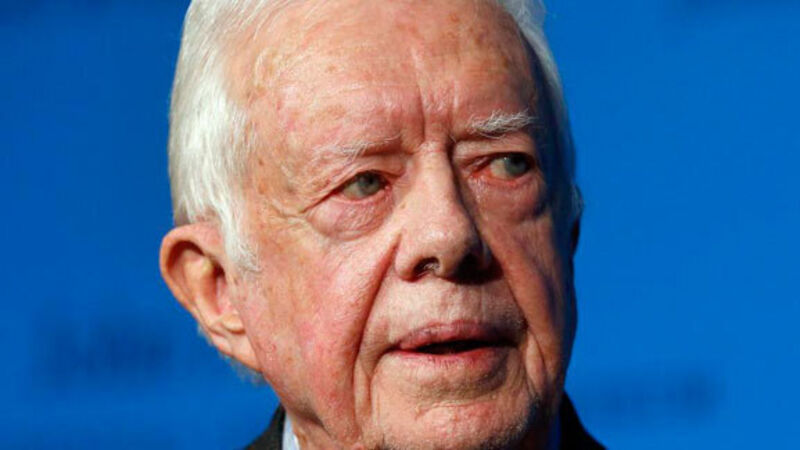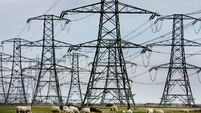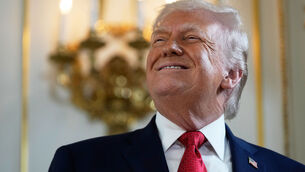Are nation sanctions possible? - Dynamics of boycott have changed

Though it's nearly 40 years since America's Jimmy Carter led a boycott of the Moscow Olympics over the invasion of Afghanistan that sanction, which was supported by 66 countries but not Ireland, raises relevant questions - especially as we approach the do-or-die end of soccer's World Cup in Russia.
Russia' behaviour today is no better or no worse than it was then so one of two conclusions apply: Firstly, the principles behind that 1980 boycott are not as important to the West as they once were or, secondly, there is an acceptance that boycotts are not effectual.
















